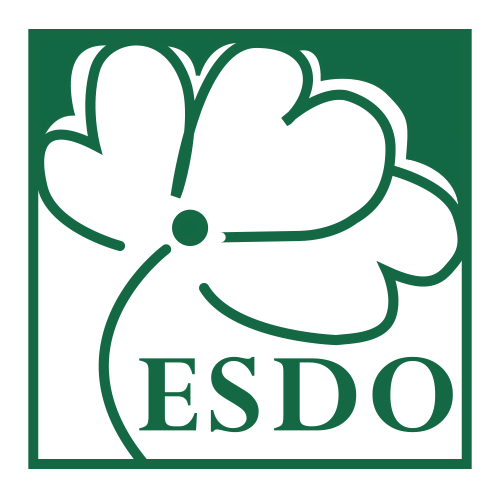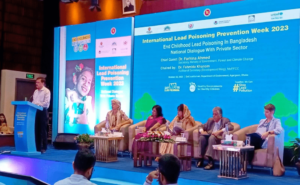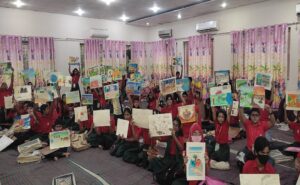For the very first time, stakeholders of plastic products, microplastics and microbeads came into one common platform to share their views and opinions about microplastic pollution. The key point of discussion was how to eliminate microbeads, thus minimizing the global microplastic debris.
A huge gathering of health and environmental experts, government representatives, stakeholders, academicians, and mass people encouraged the ban of microplastic, especially microbeads in a ‘Knowledge Sharing Consultation with Stakeholders on Microplastic Pollution in the Bay of Bengal’ to make people, especially the stakeholders aware about the emerging pollution threat from microbeads. The event was organized by Environment and Social development Organization-ESDO at Four Seasons Restaurant, Sat Masjid Road, Dhanmondi, Dhaka.
A video documentary was shown in the event followed by a power point presentation showing the study findings and survey results of ESDO on the current situation of the use of microbeads as well as the level of awareness among consumers and retailers in Bangladesh. It was very unfortunate that among 200 retailers surveyed, only a percent had idea about microplastic or microbeads.
Microplastics is used as a collective form to describe particles measuring less than 5 mm. Microplastics can be categorized into two types : those which are generated from larger plastic particles as a result of fragmentation and those which are generated intentionally as microbeads. Whatever the sources are, at present microplastics pollution is of increasing concern throughout the world.
Md. Billal Hossain appreciated ESDO’s initiative as it is the first organization in Bangladesh who has taken such an initiative to address the pollution from microbeads in Bangladesh. He said, “globally anti-plastic campaign has started in a wide magnitude whreas Bangladesh has not made such progress so far. It is high time to sort out the microplastic added products and to move forward with the solution thereby.
Khondoker Mostafizur Rahman said, “though microplastic pollution is a global problem we should first think from Bangladesh perspective. As Bay of Bengal is the most significant asset of Bangladesh, we should work together to protect it from plastic trashes. To reduce microplastic trashes in ocean and land the complete elimination of microbeads from personnal care products is inevitable.”
Dr. Shahriar said, “The British government has banned the production of microbeads in rinse-off cosmetics and cleaning products in England. The ban on production took effect on 9 January 2018 and will be followed by a sales ban on 1 July 2018. Bangladesh is not the producer of microbeads rather importer. So it would be easy for Bangladeshi Government to call a ban on microbeads in personal care products”.






